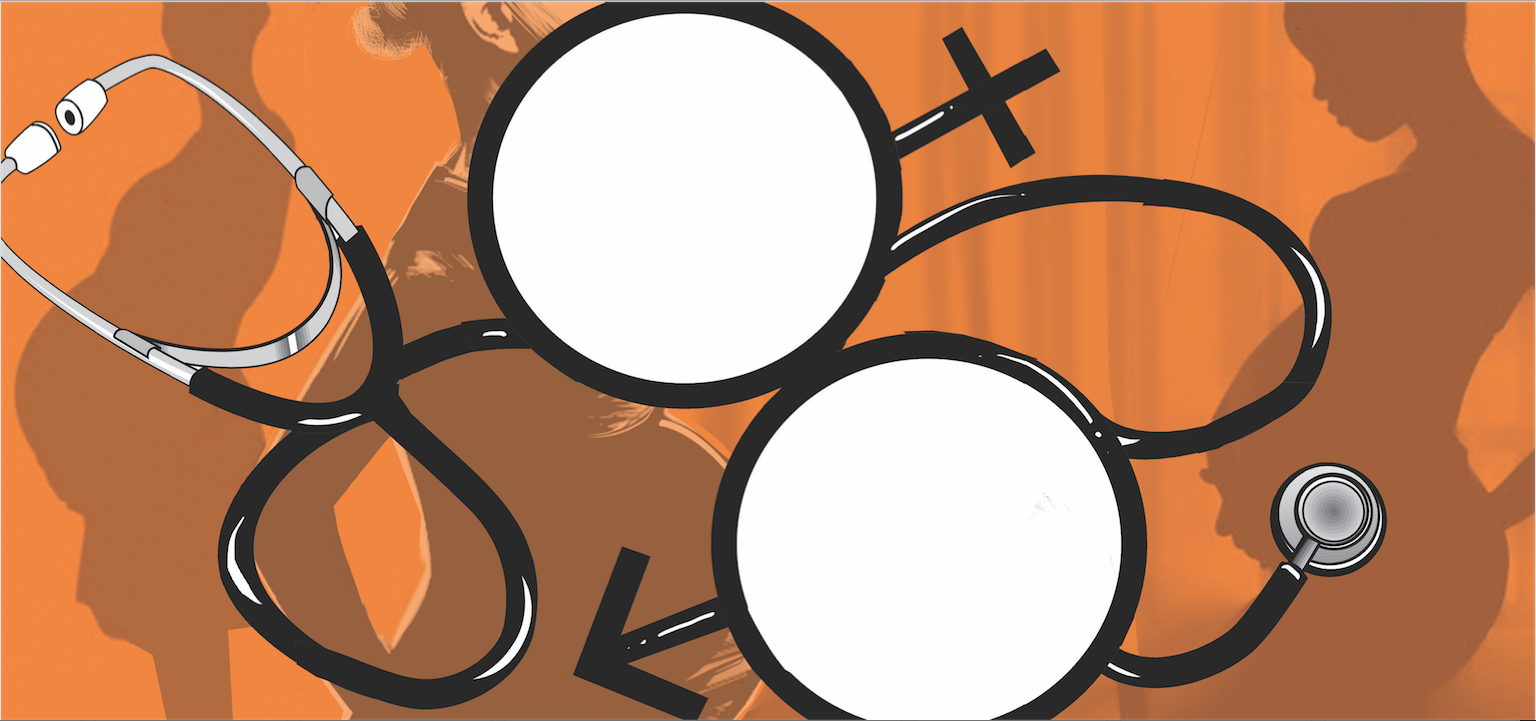

On a hot morning in rural East Africa, a midwife is on her third delivery of the night when a boda boda screeches into the courtyard with a man bleeding from a machete cut. Maybe he’s a husband whose wife is pregnant and due any day. If he does not survive, who will bring her to the clinic? Who will feed the new baby, or care for her other children?
In a fragile system, every patient’s outcome is tied to someone else’s survival. The power flickers. The oxygen cylinder is empty. The ultrasound machine has not worked since last year. She has to choose who to help first. Not because anyone here is less deserving, but because the system gives her too little to work with.
In early August 2025, the Bill & Melinda Gates Foundation pledged $2.5 billion through 2030 for women’s health research and development. This is its largest women’s health commitment to date, targeting obstetric care and maternal immunisation, maternal health and nutrition, gynaecological and menstrual health, contraceptive innovation, and sexually transmitted infections.
That focus responds to a real gap. Analyses show only about one per cent of non-cancer health R&D (research and development) goes to female-specific conditions, and in 2020, just five per cent of all global R&D funding went to women’s health, four per cent for women’s cancers and one per cent for everything else women-specific.
When you stand where a midwife stands in sub-Saharan Africa, the numbers are devastating. Each year, 200,000 mothers die; this is like losing multiple packed football stadiums of mothers annually. This is 70 per cent of global maternal deaths in a region with less than a fifth of the world's population.
The healthcare system is impossibly stretched: only 2.9 non-specialist doctors for every 10,000 people and one health worker per 621 people. District hospitals run night shifts with one person. Essential medicines regularly run out; the unmet need for family planning among urban women in Kenya is 16.9 per cent. These statistics feel abstract until you are the woman at the clinic window being told to come back next month.
So does a women-focused R&D pledge matter? Yes, if the innovations are built to live where people actually seek care. The pipeline includes ideas now in pilot and early deployment that solve everyday problems of privacy, distance and time: an IUD that can provide birth control for up to eight years and AI-enabled portable ultrasound that helps a nurse capture and interpret images on a smartphone in clinics that have never had a radiologist. These are not abstract gadgets; they are answers to real constraints.
But money and inventions alone will not fix the bottlenecks that an ordinary patient feels at the counter. Africa knows this from experience. The first wave of big, disease-specific programmes saved millions while too often building parallel supply chains and reporting systems that sat beside government services rather than strengthening them. That’s why public health scholars have argued for a “diagonal” approach, using targeted funds to lift the whole system. Think of it like renovating the entire house while installing a new kitchen: if you only buy the appliances, the wiring still fails.
This is not theory. Rwanda’s experience shows the diagonal path works. In the mid-2000s, HIV funding was deliberately integrated into broader primary-care upgrades: nurses were trained and redeployed across services, district supply chains were strengthened to carry antiretrovirals, vaccines and obstetric supplies, and facilities were upgraded to manage emergencies beyond HIV.
The results went beyond HIV patients. Over the MDG period, Rwanda achieved one of the steepest drops in maternal mortality in sub-Saharan Africa , from roughly 1,071 per 100,000 in 2000 to about 210 by 2015, while also posting wider population-health gains. That’s the opportunity in the Gates pledge: design women’s health investments the Rwanda way, as levers that lift the whole system.
For a mother on a motorcycle at 2 am, integration is the difference between theory and care. If an AI ultrasound is funded, the midwife gets trained to use it; the clinic connects to referral networks; spare probes arrive through government supply chains that deliver vaccines; and the health ministry budgets sustainability. If an IUD is developed, there's a price cap for low-income countries, regional manufacturing and community health workers carry it alongside antibiotics, not in separate "project" vans that disappear.
Five years from now, success will not be counted in press releases. It will look like this: the midwife has night colleagues; lights stay on; oxygen works; essential drugs are stocked; the scanner answers questions that used to require seven-hour bus rides; women get contraception immediately; machete cuts are sutured quickly because upgrades improved emergency pathways. Women's health investment becomes a better-health-for-everyone investment.
Donors and governments need: co-financing from day one for sustainability; integration into national systems rather than parallel tracks; affordability commitments; and measurement tracking system readiness, including power, water, staff, stock and referral speed.
If the system works, the midwife stabilises the machete man, who brings his wife to deliver safely later. She goes home with a healthy baby, knowing her children will eat because their father survived. Strong systems do not just treat individuals, they keep whole lives from unravelling.
Fund the tools. Fund the systems. Women will thrive.














